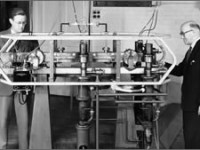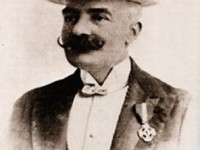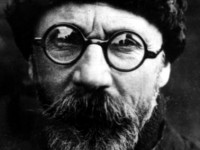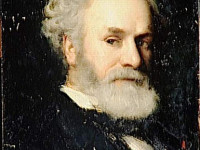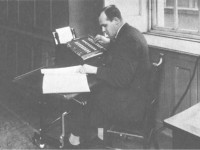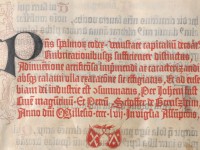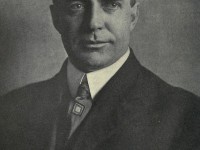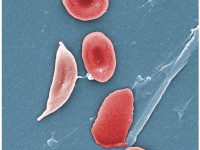Akira Kurosawa and the Rashomon Effect
On August 25, 1950, Akira Kurosawa‘s film Rashomon premiered. Rashomon marked the entrance of Japanese film onto the world stage. It won several awards, including the Golden Lion at the Venice Film Festival in 1951, and an Academy Honorary Award at the 24th Academy Awards in 1952, and is now considered one of the greatest films ever made. So, what is so special about this movie and what is the “Rashomon effect”?…
Read more


